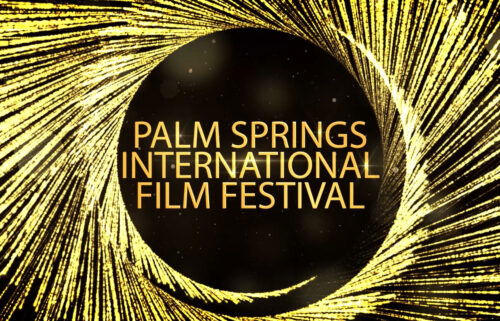OpenAI’s Sam Altman ‘not that worried’ about rival Elon Musk’s influence in the Trump administration
AP Technology Writer
OpenAI CEO Sam Altman, who is in a legal dispute with rival Elon Musk, said he is “not that worried” about Musk’s influence in the incoming Trump administration.
Altman told a New York Times conference Wednesday that he “may turn out to be wrong” but he strongly believes that Musk will do the right thing.
“It would be profoundly un-American to use political power, to the degree that Elon has it, to hurt your competitors and advantage your own businesses,” Altman said. “And I don’t think people would tolerate that. I don’t think Elon would do it.”
Musk, an early OpenAI investor and board member, sued the artificial intelligence company earlier this year alleging that the maker of ChatGPT betrayed its founding aims of benefiting the public good rather than pursuing profits. Musk recently escalated the lawsuit by asking a federal judge to stop OpenAI’s plans to convert itself into a for-profit business more fully.
President-elect Donald Trump is putting Musk, the world’s richest man, and Vivek Ramaswamy, an entrepreneur and former Republican presidential candidate, in charge of the new Department of Government Efficiency, or DOGE, which is an outside advisory committee that will work with people inside the government to reduce spending and regulations.
Musk, whose companies include Tesla, SpaceX and social media platform X, has started his own rival AI company, xAI, that Altman said he considers a serious competitor.
Asked about his frayed relationship with Musk, Altman said he felt “tremendously sad” but also characterized Musk’s legal fight as one about business competition.
“He’s a competitor and we’re doing well,” Altman said.
Altman also addressed another pending lawsuit against OpenAI from The New York Times, host of Wednesday’s DealBook summit of business and political leaders.
The Times is among several news outlets that have sued San Francisco-based OpenAI and its business partner Microsoft for copyright infringement in the use of news articles to train AI systems like ChatGPT. The companies have argued they are protected by the “fair use” doctrine of copyright law.
“If an AI reads something — a physics textbook — it can learn physics, it can use that for other things like a human can,” Altman said.
Lawyers for both sides gathered before a New York federal magistrate judge Tuesday for more than four hours to work out disagreements over how they would collect potential evidence from one another. Depositions are set to begin in January. A lawyer for the newspapers said in court that the publications have confirmed millions of news articles were used for AI training.
“Look, I don’t believe in showing up in someone else’s house as a guest and being rude, but I will say, I think The New York Times is on the wrong side of history in many ways,” Altman told Times journalist Andrew Ross Sorkin during the on-stage interview Wednesday.
“We could discuss and debate that and we’ll do that, I think, in court,” Sorkin responded, to laughter from the audience.
———-
Associated Press writer Larry Neumeister in New York contributed to this report.
————-
The Associated Press and OpenAI have a licensing and technology agreement allowing OpenAI access to part of the AP’s text archives.



